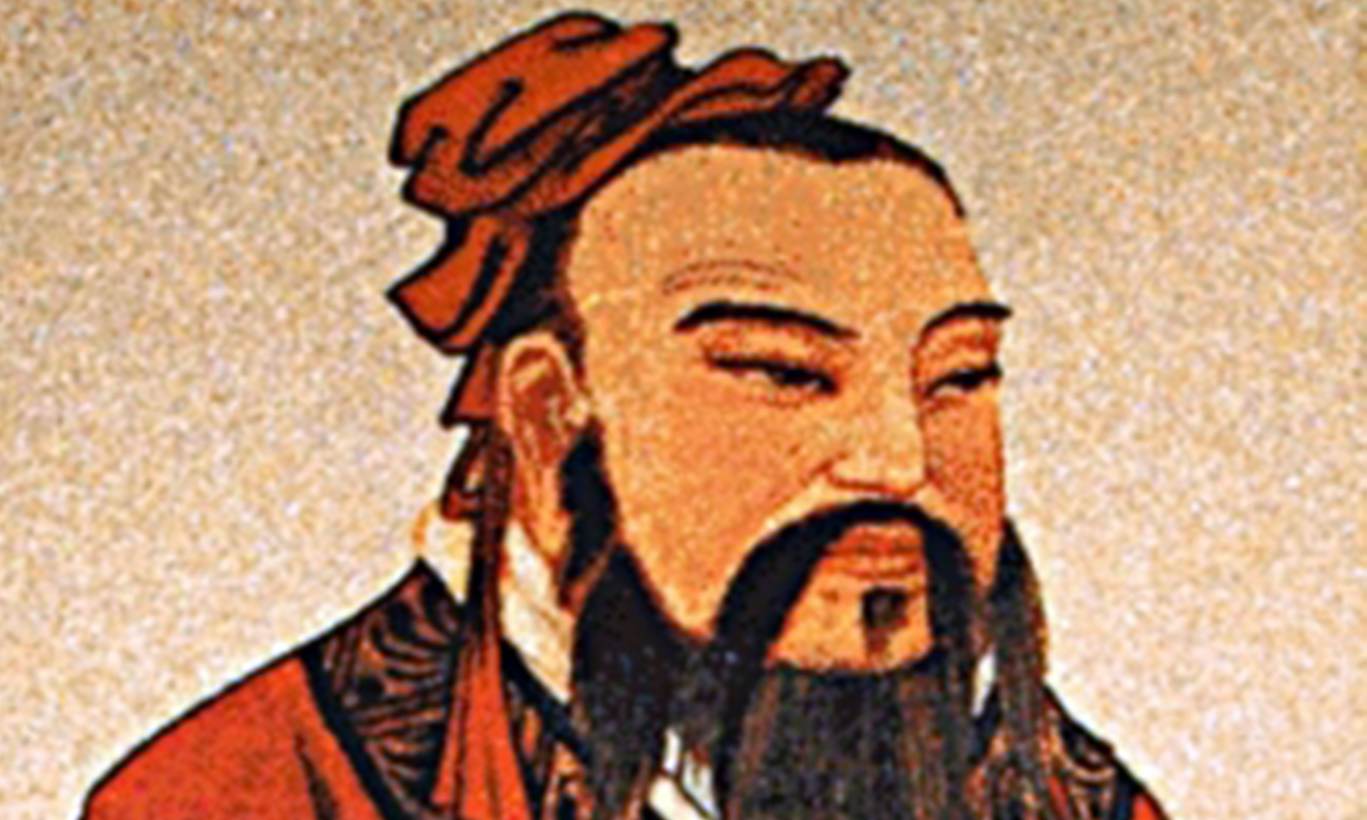By Vibrant Dot Staff
In Ancient China, correcting one’s mistakes was considered a moment of revelation and a key element in one’s character development.
Older generations of Chinese people believed that even a saint could commit an error. Ancient texts mirror the adage that no man is infallible of making mistakes, but learning from them is one of man’s greatest virtues. This leads to the betterment of one’s conduct. Confucius was wont to say, “If you know you made a mistake and don’t correct it, then you have really made a mistake.”
To err is human, but to recognise the error and correct it and learn from it gains respect from others.
Neglecting to do so, or even hiding the mistake, leads to loss of self-respect and the respect of others. Zi Chang (子张), one of Confucius’ (孔子)students, said: “Human beings’ mistakes are as blatantly obvious as a lunar or solar eclipse; everyone notices them, and when they disappear, people marvel in awe.”
Taizhong (唐太宗) was a renowned ruler during the Tang Dynasty, known for his gift of considering others’ suggestions, and of addressing his own weaknesses. He said, “When you look into the copper mirror, it shows you how well your clothes fit. When you put history before the mirror, it shows you the rise and decline of each dynasty; when other people’s eyes mirror your image, they see your shortcomings and accomplishments.”
To be seen through the eyes of others means to accept their words and deeds as a yardstick of that which we have done well or poorly in. Ideally, one abandons one’s own notions when others have better ideas. When you observe that others conduct themselves better, confess your mistakes and correct them. Be prudent to watch for others’ mistakes so you won’t make the same ones!
Mencius (孟子) told this story: “A long time ago there lived a man who stole one of his neighbour’s chickens every day. Someone pointed out to him that this is wrong. The man replied that he needed time to correct the habit: ‘I will begin by stealing a chicken only once a month instead of daily, and then next year none at all.’ Though the man knew how incorrect his actions were, why did he want to wait a year instead of correcting his behaviour immediately?”
Lu Jiunyuan (陆九渊), a thinker during the Southern Song Dynasty, said: “When someone points out one of your mistakes, do correct it immediately. When you become aware of your mistakes on your own, do not try to hide them; while correcting them, do not be afraid.”
Mencius once praised Zi Lu (子路), one of Confucius’ students, “When one points out a mistake Zi Lu has made, he is happy.” Lu Jiuyuan built on this thought and commented, “First of all, be fearless when others point out a mistake. Further, to learn from your mistake, do not fool others or yourself. One needs determination, perseverance, and a strong will to correct one’s errors.”
















